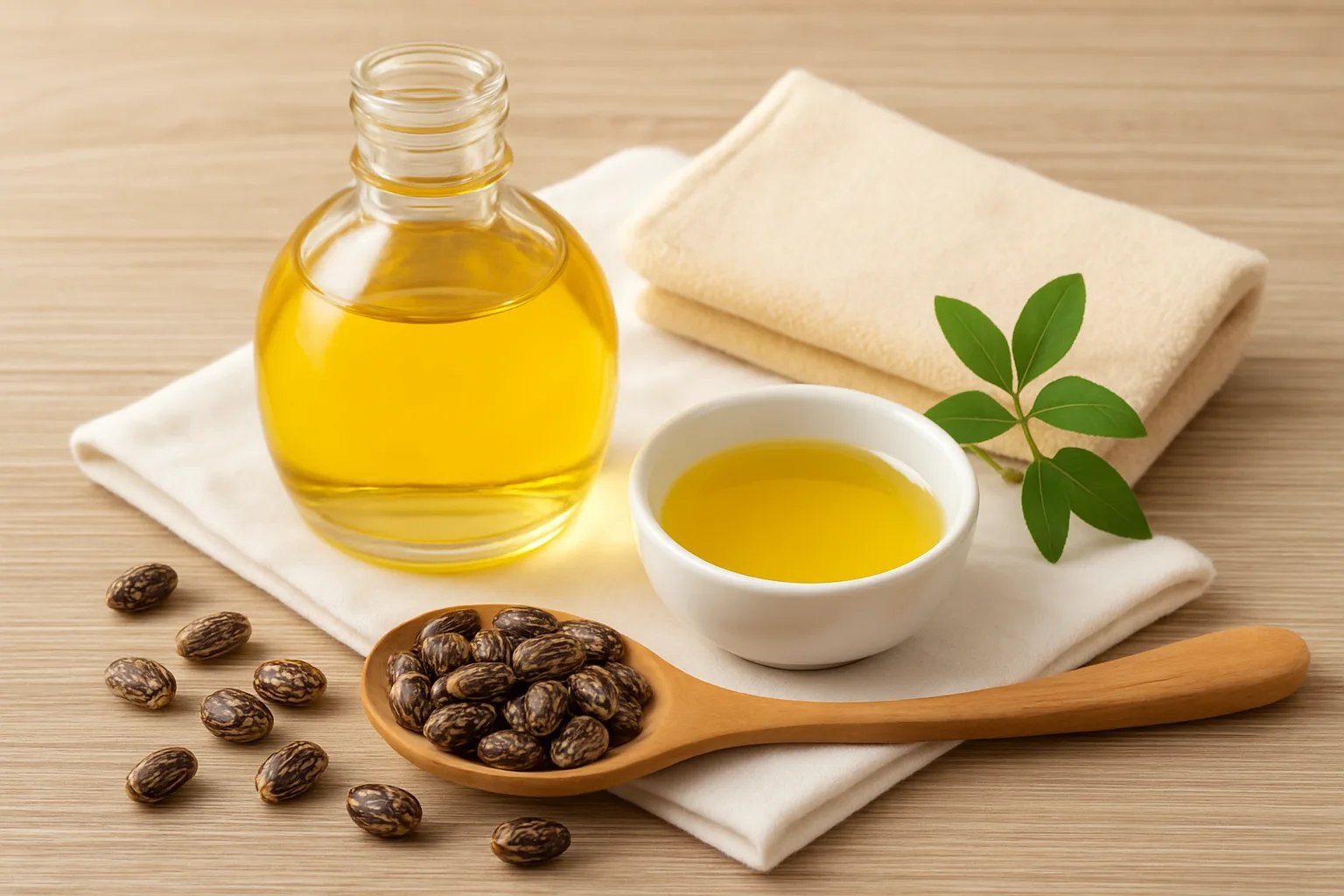
Inflammation is at the root of many chronic health conditions, from arthritis to cardiovascular disease. While pharmaceuticals often promise quick relief, they can come with a host of unwanted side effects, leaving many individuals searching for safer, more sustainable alternatives. This is where turmeric, a golden spice with centuries of use in traditional medicine, shines.
Packed with curcumin, its active compound, turmeric offers potent anti-inflammatory properties that are both natural and effective. More than just a spice, turmeric is a holistic powerhouse that addresses inflammation without the potential risks of pharmaceuticals. For anyone eager to understand how to manage pain naturally, turmeric provides a promising solution supported by science and tradition.
In this article, we’ll explore how turmeric works to combat inflammation, dive into its proven health benefits, and discuss practical ways to incorporate it into your daily routine. Whether you’re dealing with chronic pain or looking for preventative strategies, turmeric may be the key to a healthier, pain-free life.
How Turmeric Fights Inflammation
Turmeric’s ability to combat inflammation lies primarily in curcumin, a bioactive compound that interacts with several pathways in the body. Unlike synthetic drugs that target one specific area, curcumin tackles inflammation on multiple fronts, making it a holistic approach to pain management.
Curcumin and the Body’s Inflammatory Response
Inflammation is a natural immune response to injury or infection. However, when it becomes chronic, it can lead to various health issues, such as joint pain, autoimmune conditions, and even cancer. Curcumin inhibits key molecules like cytokines and NF-κB, which drive chronic inflammation. This dual action helps soothe pain and prevent long-term damage to tissues and organs.
Turmeric vs. Pharmaceutical Anti-Inflammatories
Pharmaceutical options like NSAIDs (e.g., ibuprofen) and corticosteroids provide temporary relief but often come with risks, including gastrointestinal issues and weakened immunity. Studies show that turmeric is equally effective in reducing markers of inflammation but without these side effects. For example, a 2016 clinical trial found that curcumin was comparable to ibuprofen in easing knee osteoarthritis pain.
The Health Benefits of Turmeric
Beyond reducing inflammation, turmeric offers a range of benefits that contribute to overall health and well-being.
1. Pain Management
Turmeric is particularly effective for conditions like osteoarthritis and rheumatoid arthritis. Regular use can reduce stiffness, swelling, and joint pain, improving mobility and quality of life. Its natural pain-relieving properties make it a popular choice for athletes and individuals recovering from injuries.
2. Cardiovascular Health
Chronic inflammation is a key factor in heart disease. Curcumin’s anti-inflammatory effects, combined with its ability to improve endothelial function (lining of blood vessels), support cardiovascular health. Regular turmeric intake may lower LDL cholesterol levels and reduce the risk of arterial plaque buildup.
3. Brain Health and Cognitive Support
Emerging research suggests that turmeric may help reduce the risk of neurodegenerative diseases like Alzheimer’s and Parkinson’s. Curcumin crosses the blood-brain barrier and reduces brain inflammation while promoting the clearance of amyloid plaques, a hallmark of Alzheimer’s.
4. Digestive Health
Turmeric has long been used to support digestion. Its anti-inflammatory properties can soothe conditions like irritable bowel syndrome (IBS) and Crohn’s disease. Additionally, turmeric stimulates bile production, aiding in fat digestion and improving gut health.
5. Immune System Support
Turmeric strengthens the immune system by modulating inflammatory pathways and neutralizing free radicals. This dual effect not only helps the body fend off infections but also reduces the likelihood of chronic inflammation-triggered illnesses.
How to Incorporate Turmeric Into Your Daily Life
Adding turmeric to your routine is easier than you might think. Whether you prefer cooking with it or taking it as a supplement, turmeric can fit seamlessly into your lifestyle.
1. Culinary Uses
Turmeric is a versatile spice that adds warmth and color to dishes. Popular options include:
- Golden Milk: A soothing drink made with turmeric, milk (or plant-based alternatives), and a touch of honey.
- Curries and Soups: Turmeric enhances the flavor and nutritional value of savory dishes.
- Smoothies: A pinch of turmeric pairs well with fruits like mango or pineapple.
2. Supplements
For those who want a concentrated dose, turmeric supplements are a convenient option. Look for high-quality products with black pepper extract (piperine), which enhances curcumin absorption by up to 2,000%.
3. Topical Applications
Turmeric is also used externally to reduce inflammation and pain. Homemade turmeric pastes can be applied to sore joints or inflamed skin for natural relief.
Precautions and Considerations
While turmeric is generally safe, there are some considerations to keep in mind:
- Dosage: Start with small amounts to gauge your tolerance. Excessive intake may cause stomach upset.
- Interactions: Turmeric can interact with certain medications, such as blood thinners and diabetes drugs. Consult a healthcare provider if you’re on medication.
- Allergies: Although rare, some individuals may experience allergic reactions to turmeric.
Scientific Backing and Traditional Wisdom
Turmeric’s reputation as a natural remedy isn’t just anecdotal—it’s supported by extensive research and centuries of traditional use. Ayurvedic medicine has long hailed turmeric as a healing agent for its ability to balance the body’s energies and promote vitality. Today, modern science continues to validate these claims, with studies highlighting its effectiveness in managing inflammation and improving overall health.
Conclusion
Turmeric, with its powerful anti-inflammatory properties, stands out as a natural and effective solution for reducing pain and managing chronic conditions. Whether you’re struggling with arthritis, digestive issues, or simply looking to prevent inflammation-driven diseases, this golden spice offers a wealth of benefits.
Unlike pharmaceuticals that often come with side effects, turmeric supports the body holistically, addressing both symptoms and underlying causes. Incorporating turmeric into your daily routine—whether through food, supplements, or topical applications—can be a transformative step toward a healthier, more vibrant life.
By embracing turmeric’s time-tested wisdom and scientifically proven benefits, you’re choosing a path of natural healing that empowers your body to thrive. Make turmeric a part of your journey to wellness and experience the profound difference it can make.








